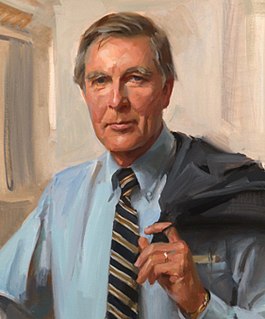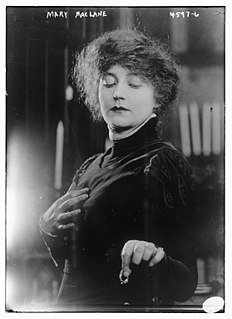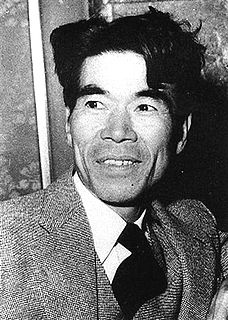A Quote by Aldous Huxley
Facts are ventriloquist’s dummies. Sitting on a wise man’s knee they may be made to utter words of wisdom; elsewhere, they say nothing, or talk nonsense, or indulge in sheer diabolism.
Related Quotes
It is ignorance that is at times incomprehensible to the wise; for instance, he may not see 'the positive person' or 'the negative person' in a black and white way as many people do. A wise man may not understand it because, as a catalyst of wisdom, but not wise in his own eyes, even he can learn from and give back to fools. To think that an individual has absolutely nothing to offer to the table is counter-intuitively what the wise man considers to be 'the ignorance of hopelessness'.
There's nothing like being in fashion. A man that has once got his character up for a wit is always sure of a laugh, say what he may. He may utter as much nonsense as he pleases, and all will pass current. No one stops to question the coin of a rich man; but a poor devil cannot pass off either a joke or a guinea without its being examined on both sides. Wit and coin are always doubted with a threadbare coat.
Much has been said of the loneliness of wisdom, and how much the Truth seeker becomes a pilgrim wandering from star to star. To the ignorant, the wise man is lonely because he abides in distant heights of the mind. But the wise man himself does not feel lonely. Wisdom brings him nearer to life; closer to the heart of the world than the foolish man can ever be. Bookishness may lead to loneliness, and scholarship may end in a battle of beliefs, but the wise man gazing off into space sees not an emptiness, but a space full of life, truth, and law.
The receptive attitude enables one mind to fix itself to another as by spiritual grappling-irons. When you see that every word you utter us taken in, and weighed, and measured by your listener, you cannot free yourself from the influence of his presence. You are compelled to have in your thoughts not only the words you utter, but the man to whom they are spoken. You must not only talk, and talk well, but you must talk to him.
I can think of nothing in the world like the utter littleness, the paltriness, the contemptibleness, the degradation, of the woman who is tied down under a roof with a man who is really nothing to her; who wears the man’s name, who bears the man’s children — who plays the virtuous woman. . . . May I never, I say, become that abnormal merciless animal, that deformed monstrosity — a virtuous woman.






































